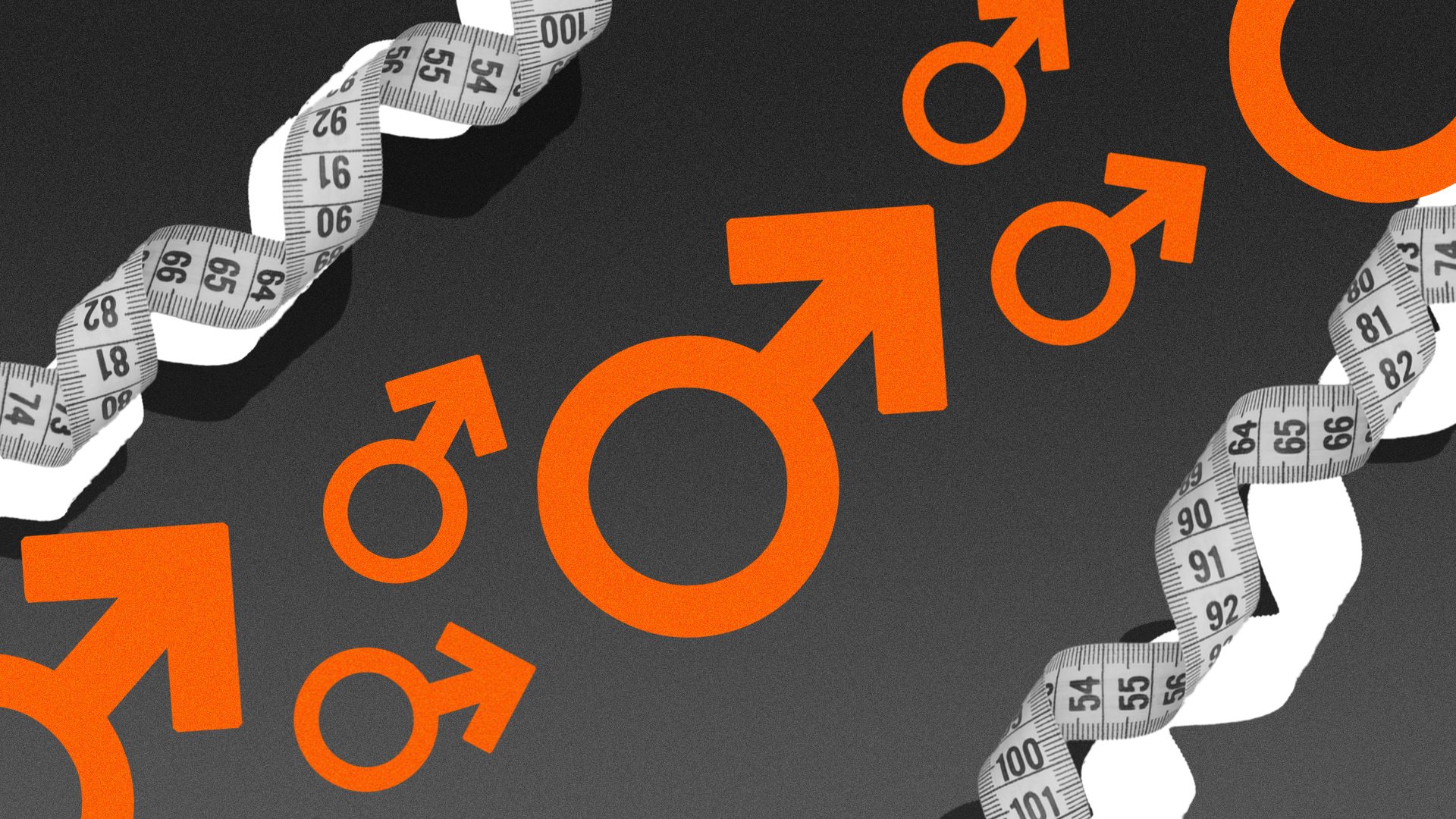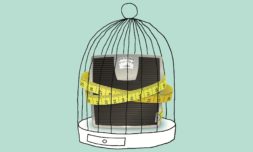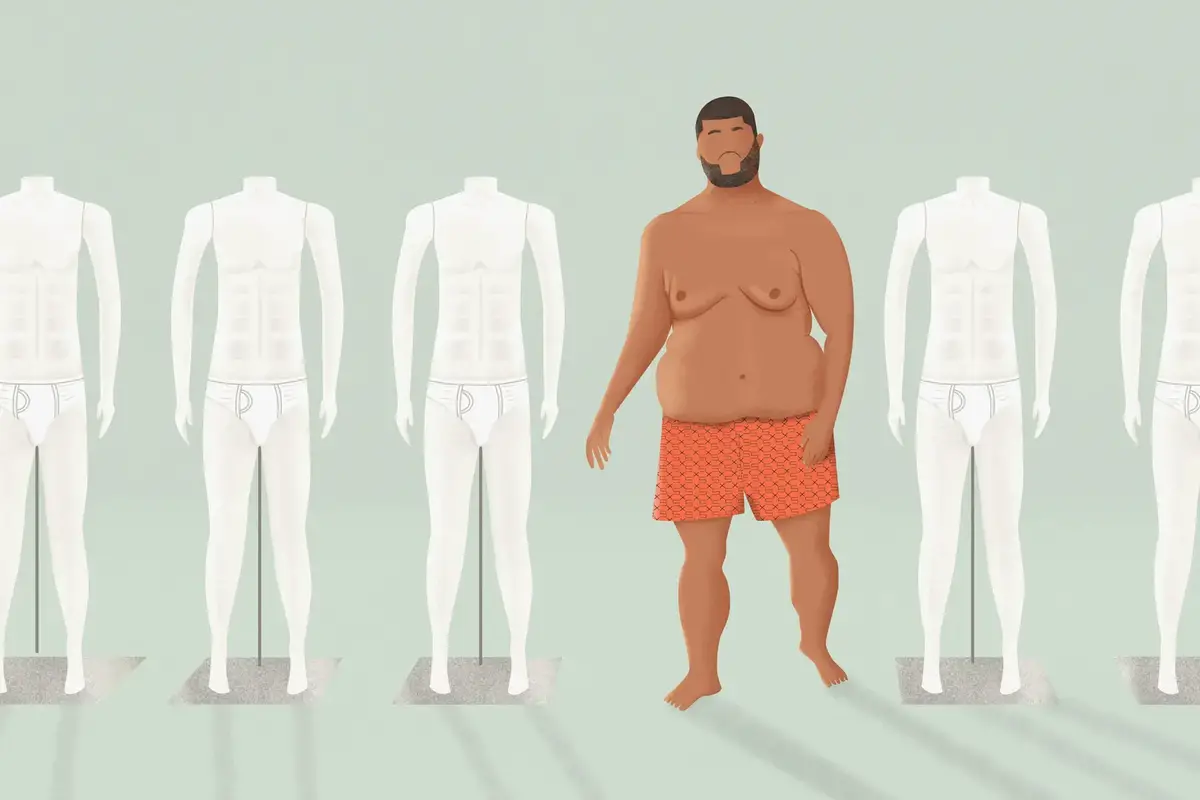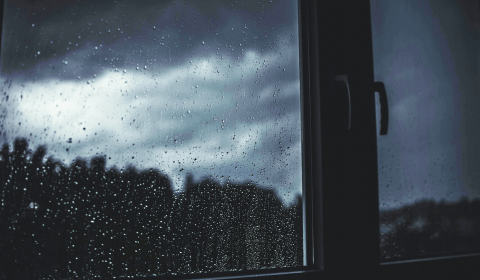The archaic mindset that vulnerability isn’t ‘manly’ – particularly regarding image and self-esteem – should not be an excuse for rejecting men from our efforts to challenge unrealistic beauty standards.
For as long as I’m able to remember, women have been the primary target of societal body critique.
Permeating almost every aspect of my day-to-day life, I’ve frequently faced immense pressure from my peers, mainstream media, and even my own conditioned mind to adopt destructive behaviours in order to change my appearance and ultimately cure my dissatisfaction towards it.
Why? Due to the ever-evolving yet persistently unrealistic beauty standards we’ve been collectively striving to achieve since, well, ever.
This, I’m aware, is all but common knowledge these days and one thing I’m sure of in my unabating quest to stop worrying about my personal self-image is that I’m not alone.
During the past 20 years, tides of public attitude have turned against ‘perfection,’ paving the way for a movement that actively celebrates us no matter our size.

A movement that allows me, a woman almost 27-years-of-age, to express so candidly my experience with chasing an ideal I know deep down does not exist.
What I’ve come to realise, however, is that despite how successful this community may be in making my fellow body-conscious ladies and I feel validated and heard, it – albeit unintentionally – disregards the fact that men are suffering just as much.
This isn’t to say that female beauty standards aren’t more demanding (that’s indisputable given the plethora of evidence which shows how regularly we are judged for our looks), but it explains why the majority of men I know so rarely disclose whether or not they too struggle with such issues.
Exacerbated tenfold by the concept of toxic masculinity, which advocates the suppression of emotions, men have been historically excluded from the body positivity conversation, fostering their growing sentiment of insufficiency. Now, the situation is getting out of control.
The stats speak for themselves really.

According to a 2017 study, male body image dissatisfaction has tripled in the last three decades, from 15% of the Western population to 45%.
It also found 78% to be wishing they were more muscular and one in three willing to sacrifice a year of their lives in exchange for their goal weight. Body dysmorphia, which sees individuals obsess over perceived flaws, affects men and women in identical numbers.
More recently, suicide prevention charity Campaign Against Living Miserably (CALM) launched a scheme with the intention of encouraging men to seek the help they need.
It revealed that two in five desire the ‘perfect body’ – deeming it more important than marriage or a relationship – 35% are unhappy with how they look, and 48% have had their mental health affected as a result.
Not only this, but a staggering 21% don’t feel comfortable discussing it whatsoever because it strikes at the male ago and raises fears their sexuality could be questioned.

Though cultural norms defining what a man ‘should’ be in terms of personality, appearance, and behaviour are largely to blame, the reasons for this are not specific to a single gender and surprisingly more akin to those plaguing women than you might think.
From health magazines demonising fatness and touting infinite ways to modify one’s physique to the sculpted gods of Love Island who are expected to be as polished as their female counterparts, men are inundated with messaging to bulk up the moment they hit adolescence.
Compounded by the digital world of #fitspo and #workout posts which promote bigorexia (a fixation with building muscle mass) and orthorexia (an addiction to clean eating) it’s enough to give anyone a complex.
But provided 54% of men agreed with CALM that this is unrepresentative of the average male body, where is the debate for them on this topic?
It isn’t difficult for me to recognise that some women I watch through a screen have either had work done or are altered by filters and photoshop, particularly in the wake of various initiatives pushing for improved transparency in this sphere and sororal calls-to-arms on social media demanding that brands acknowledge everyday women.























